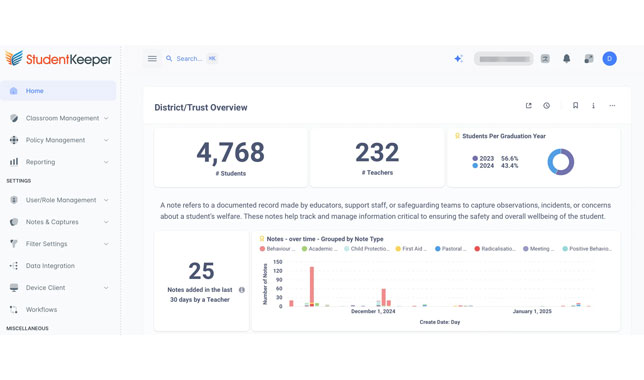
Apple mobile device management company Jamf has announced it will acquire Identity Automation, a provider of identity and access management (IAM) solutions for K-12 and higher education.

Registration is free for this fully virtual May 7 event, focused on "Thriving in the Age of AI" in K-12 and higher education.

Join education's most passionate community this March 3-6, 2025 at a special 15th-annual SXSW EDU Conference & Festival in Austin, Texas.

Actors are changing tactics as they collect less money from ransomware payoffs, according to a new report from Chainalysis, a blockchain analytics firm.

In an annual survey from education identity platform Clever, 74% of administrators admitted that they believe a security incident is likely to impact their school system in the coming year. That's up from 71% who said the same last year.

Ed tech, remote access, and cybersecurity solution provider Ativion has introduced StudentKeeper, an all-in-one platform that encompasses digital safety management, filtering, and reporting tools for supporting and protecting students.

What should K-12 and higher education institutions expect on the cybersecurity front in the coming year? Here's what the experts told us.

A recent study from data protection startup Harmonic Security found that nearly one in 10 prompts used by business users when interacting with generative AI tools may inadvertently disclose sensitive data.

The Federal Communications Commission has officially selected the participants for its Schools and Libraries Cybersecurity Pilot, the three-year program exploring the use of Universal Service funds to improve school and library defenses against cyber attacks.

Data security specialist Rubrik is upgrading its data protection platform to offer quicker recoveries in the familiar backup & recovery process.